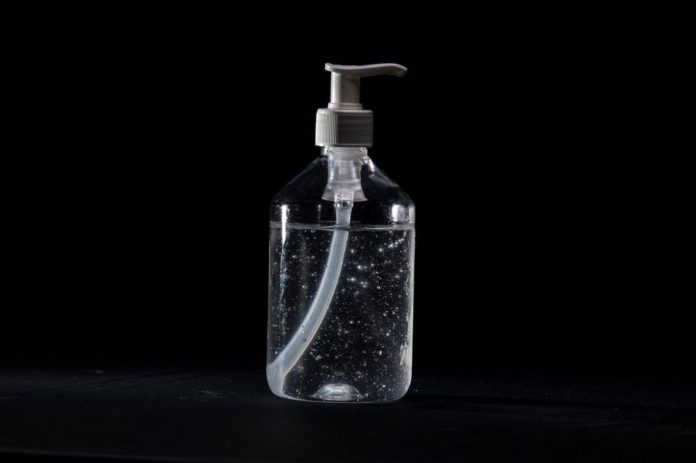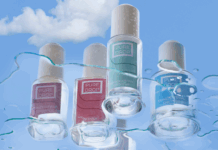The Fédération des Entreprises de la Beauté (FEBEA) has announced an intense mobilization of companies in the cosmetics sector (perfumery, care and beauty products, hygiene and hair care) to guarantee the supply of hygiene products, fundamental to the implementation of barrier gestures, such as hand washing. In addition, since last week, companies in the sector have been mobilizing part of their production capacity (some of which had to be converted for this purpose) to cope with the shortage of hydroalcoholic solutions, with priority given to hospitals, clinics, nursing homes, supermarkets and pharmacies, as requested by the French Ministry of Health. Several million additional units are currently being produced and will be launched on the market in the next few days.
Guarantee the supply of hygiene products
As part of the measures put in place by the government, hygiene products (in particular) such as soaps, shower gels, cleansing creams... are now essential to preventing the spread of the virus, in particular to ensure certain barrier gestures, such as hand washing. To ensure that there are no shortages, companies in the cosmetics sector are mobilizing to continue producing and selling throughout France. The FEBEA would like to express its gratitude to all the industry's employees and partners for their commitment and dedication. Cosmetics companies are doing their utmost to ensure the protection and health safety of their employees on the move and in the workplace. Several million units of hydroalcoholic gels exceptionally produced by cosmetics companies Another essential product, particularly for healthcare establishments and for the continued operation of many priority sectors, hydroalcoholic gel. Previously reserved for detergents and pharmacists, the production of hydroalcoholic gels has been authorized since Friday March 13, by ministerial decree, for companies in the cosmetics sector, who responded to the government's call for action through at least thirty volunteer companies, including both large groups and SMEs. Some companies have had to convert part of their production line for this purpose. For example several million additional units which can now be marketed throughout France, and some of which have already begun to be delivered to hospitals, where requests are pouring in daily.
As FEBEA President Patrick O'Quin explains: "In concrete terms, this means that a very large number of companies that usually manufacture perfume or soap have already launched or will launch in the very next few days a new production line and manufacture hydroalcoholic gels, according to one of the formulas approved by the government." This means that additional production is now possible, with voluntary actors. The need for public support and a very clear position to guarantee long-term production capacity for hygiene products and hydroalcoholic gels. Hydroalcoholic gel production capacities are changing daily, as new companies sign up to the scheme, while others are forced to close down certain production sites.
The FEBEA is in the process of making a more precise assessment of current and future production, but it is certain that cosmetics companies will be able to produce several tens of thousands of liters per week. To meet this commitment and maintain their production capacities in terms of hygiene, they need to be able to count on the support of all their stakeholders, including public authorities. Not only to guarantee the supply of raw materials and the shelving of products, but also to enable the employees of the companies concerned to get to their place of work (for example, by promoting childcare solutions, or by clearly reaffirming that the 100-person threshold does not apply to industrial and warehousing premises that are organized to respect barrier procedures) and to work under strict health safety conditions. It is these employees who make this solidarity effort possible and achievable. According to the FEBEA President, "The cosmetics industry is doing everything in its power to contribute to the fight against the Covid-19 epidemic through its production efforts. Our priority today is to protect our employees while continuing to manufacture essential products. We would like to thank the public authorities in advance for taking all necessary measures to ensure that production continues.








